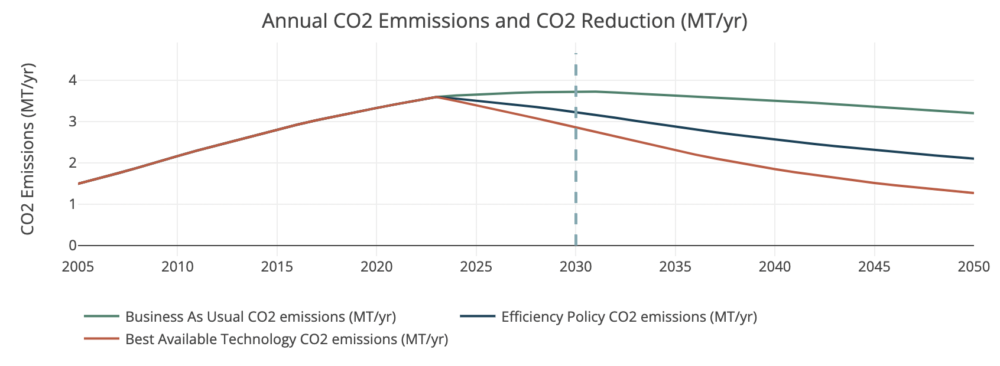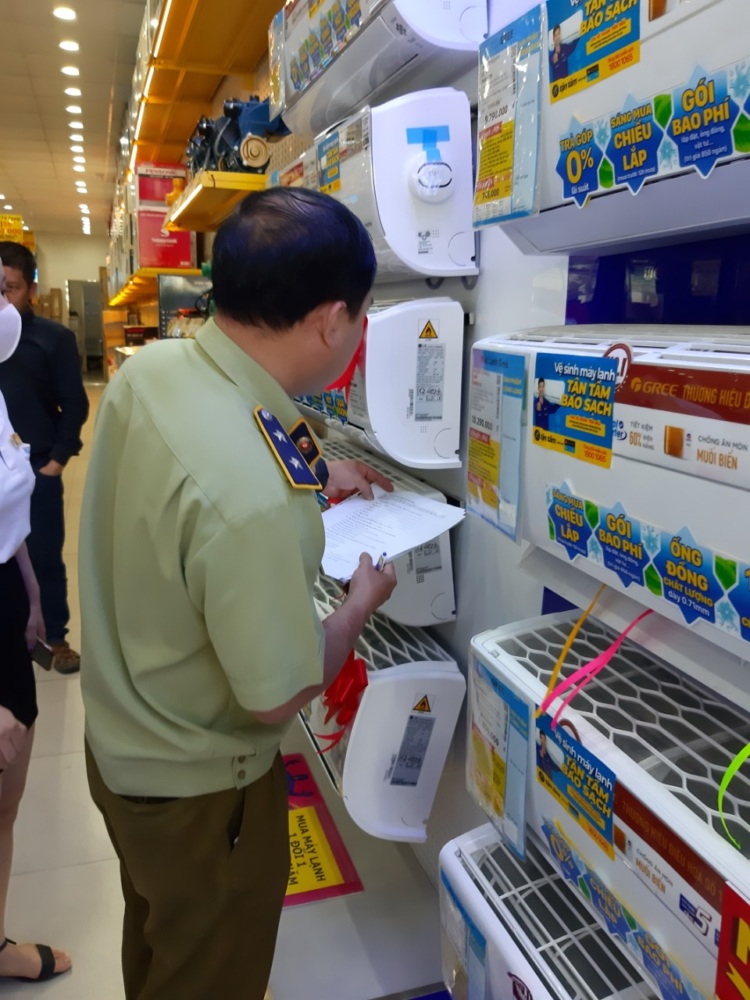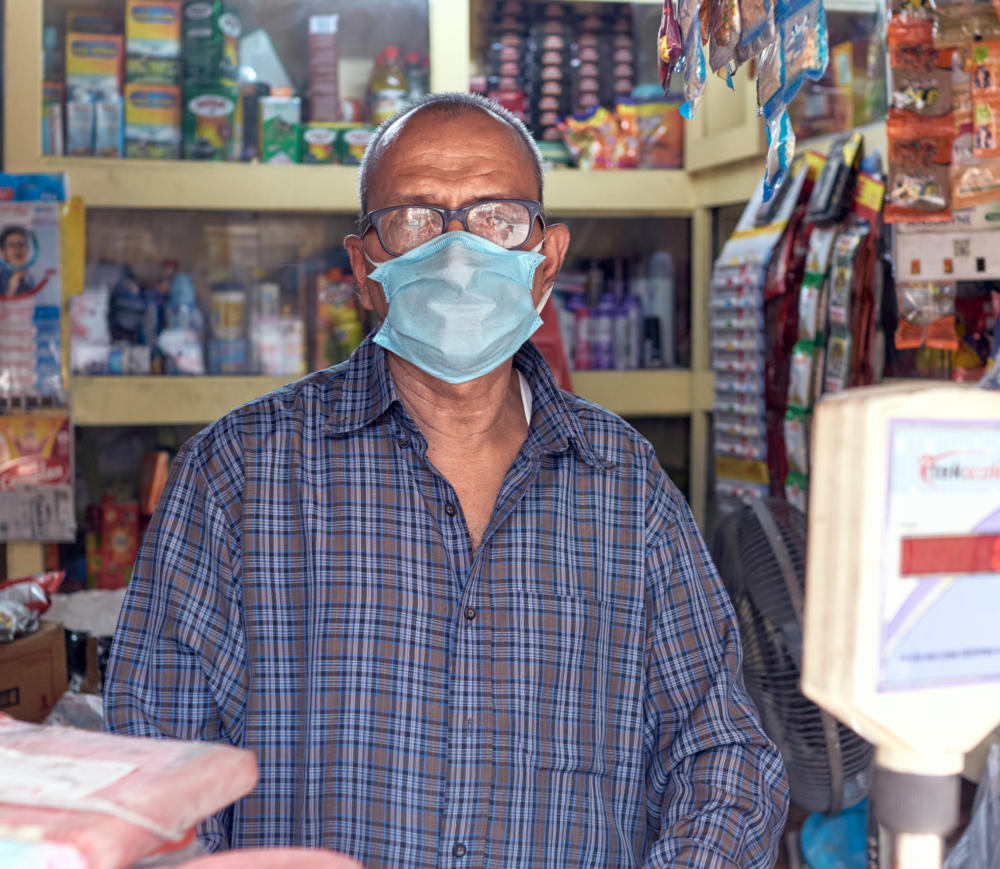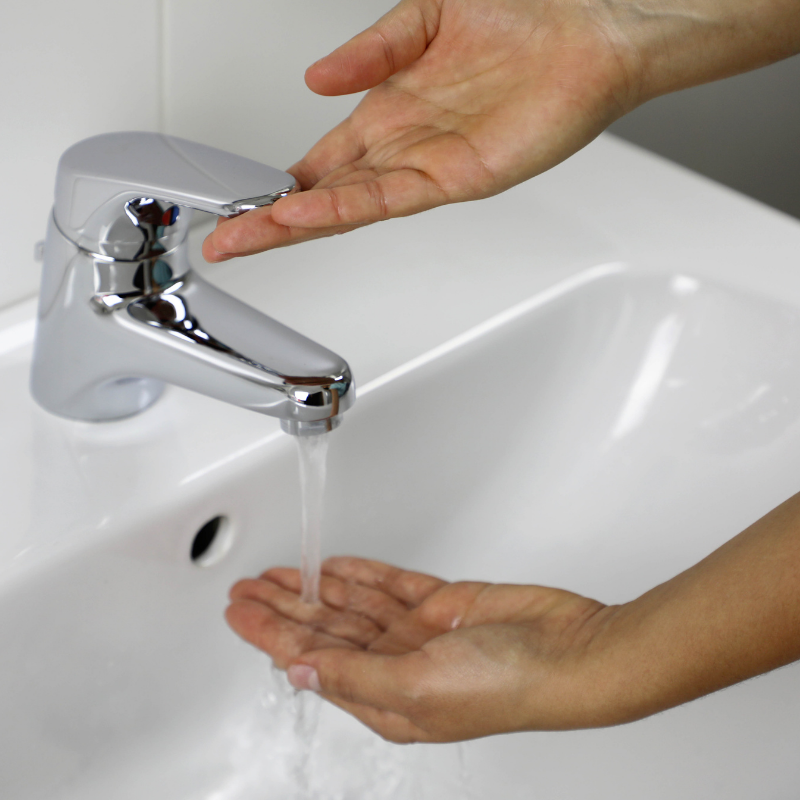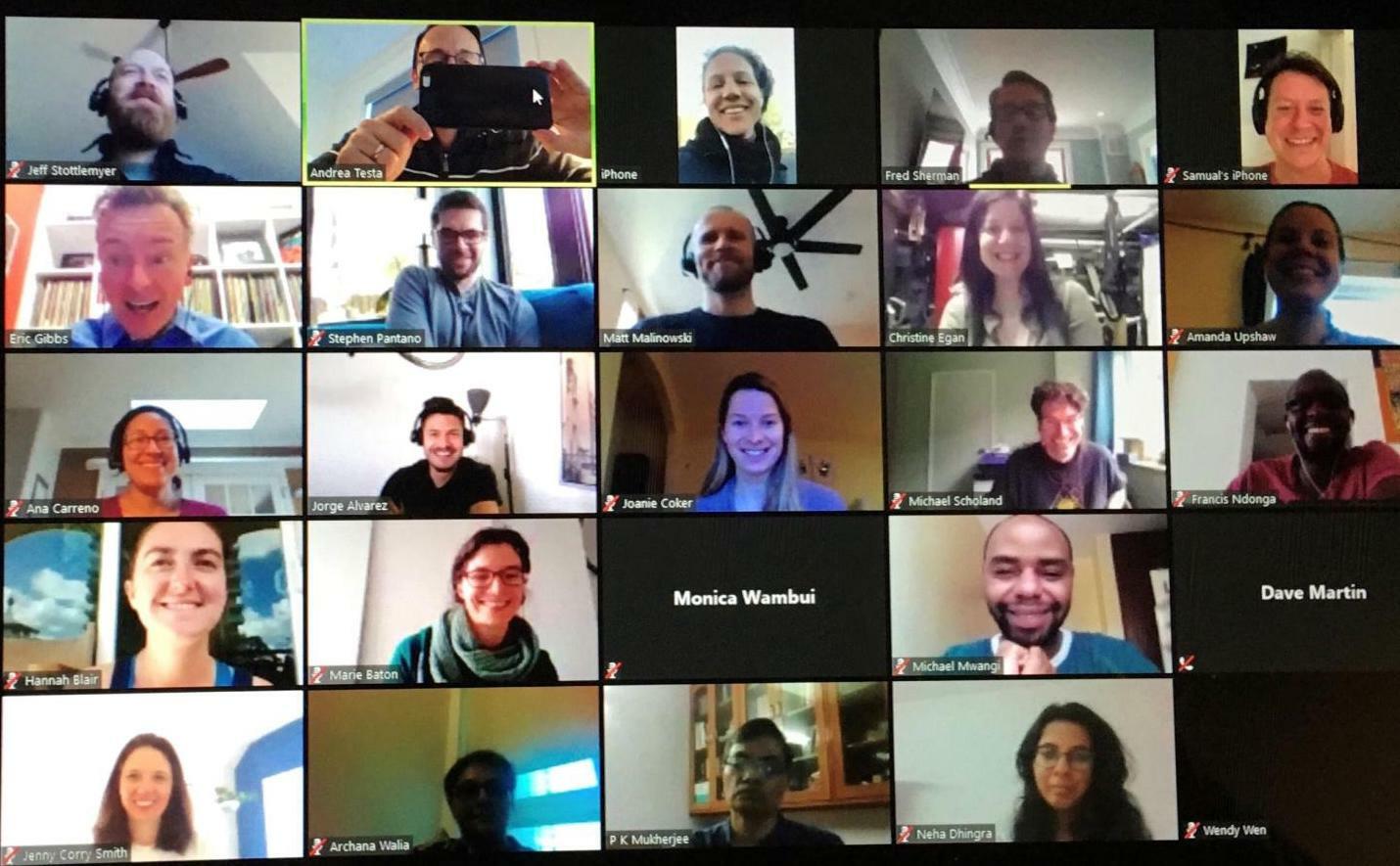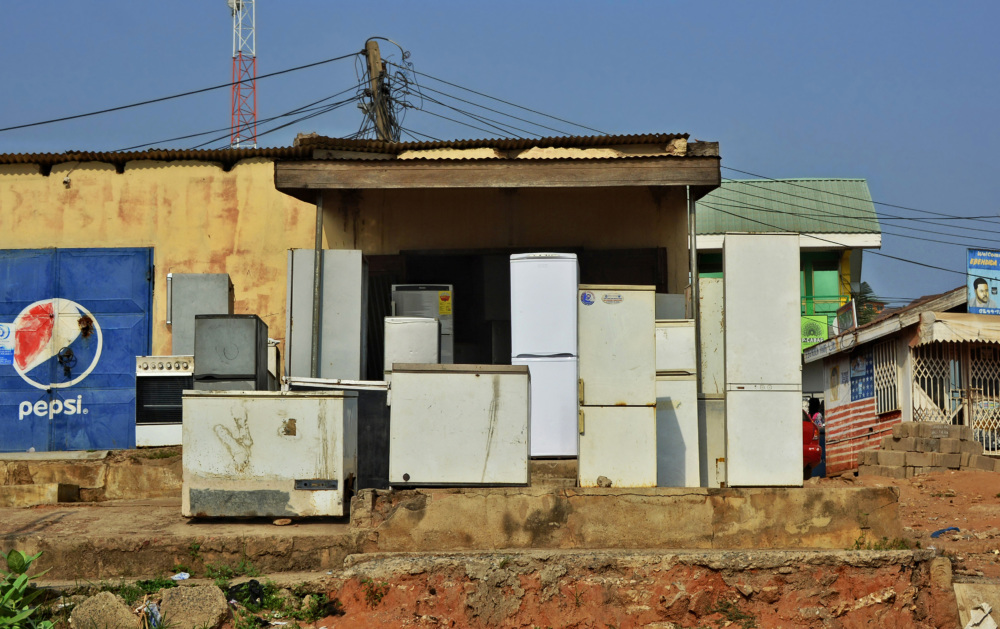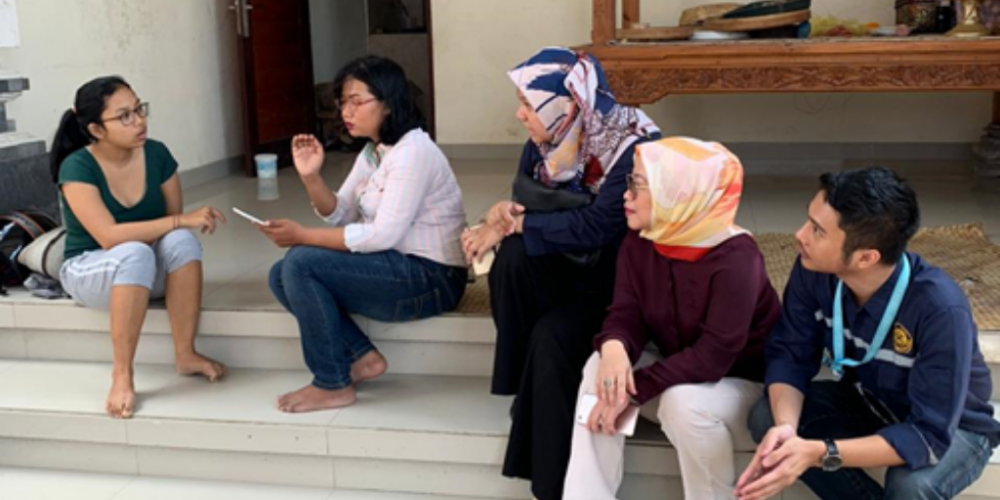Moving Forward Together
In celebration of CLASP’s 20th anniversary, each month we profile one of our team members. This month we hear from Eric Gibbs, Chief Policy & Analysis Officer.
In celebration of CLASP’s 20th anniversary, each month we profile one of our team members. This month we hear from Eric Gibbs, Chief Policy & Analysis Officer.
It’s entirely appropriate that as the UN Climate Week unfolds in New York City, I’m in Rio de Janeiro kicking off a new CLASP initiative to advance appliance energy efficiency here in Brazil. I joined CLASP nine years ago, with the goal of mitigating climate change through appliance policy. At that time, we had about a dozen team members and were working in a handful of countries and regions. Today, we are over 50 strong and have expanded our geographic scopearound the world. A lot has changed over the past nine years, for the organization and even in the global understanding of climate change.
As climate change has become recognized as a global crisis of droughts, wildfires, floods, water scarcity, and mass species die off, CLASP is focused on cutting greenhouse gas emissions by reducing the energy use of appliances, lighting, and equipment in major carbon-emitting countries. That has meant growing our work into countries where we’d had little engagement, including Pakistan, Indonesia, Brazil, and South Africa. We are not expanding for expansion’s sake, but to maximize the impact of energy efficiency in markets that are increasing in size and importance and offer huge opportunities to curb carbon emissions. We have defined and codified ambitious targets, are committed to measuring our impact against them, and will report our results in a transparent manner for the benefit of our partners and the global community.
When I first went to India to discuss energy efficiency policy nearly a decade ago, I was struck by how small the community of practitioners was in comparison to the challenge. As one person commented, “You could fit the entire energy efficiency community around a large conference room table.” In India and elsewhere, I quickly realized that if we were going to succeed in achieving climate change mitigation through the appliance sector, we would have to build capacity—technical, programmatic, and institutional—within our organization and in the broader community of policymakers, civil society organizations and even the private sector.
Within CLASP, we hired talented team members, provided them with tremendous opportunities to develop skills and experience, mentored them, and created an entrepreneurial culture where initiative is welcomed and rewarded. These veteran team members are now leaders traveling around the world to further our mission and supporting the development of colleagues who have recently joined the organization.
In India and many other countries, we have partnered with local organizations and companies, as well as government agencies to build their capacity through hands-on training in policy design, implementation, and evaluation. And we haven’t done it alone – our partners have been essential to growing the global community that is working to eliminate inefficient and environmentally harmful appliances from Brazil to Thailand, and Pakistan to Kenya.
A lot has changed since I joined CLASP, but one thing has stayed the same – we work anywhere in the world where there is opportunity for partnership and ambitious impacts. “Vamos para frente,” is an expression that you hear often in Brazil. It means “Let’s Move Forward.” This is what we are doing here, and in many other countries around the world—moving forward, as a team and with our partners, in a spirit of optimism and determination, to achieve our mission and do our part to address the foremost challenge of our time

